Industrial washing / Articles
Hotel crockery: the definitive procurement guide
The choice of hotel crockery has implications for customer safety and the efficiency of kitchen crews. These are the most relevant factors to consider.

 7 minutes of reading
7 minutes of reading
2022-06-30 15:35:11
Producing Limoges porcelain, one of the most valuable in the world, requires just three ingredients – kaolin, feldspar and quartz – which can be found in the soil of the small French village. It also helps that people in Limoges have been producing porcelain – and improving the technique – for over 300 years.
The delicate yet robust nature of this porcelain is the result of a unique combination of history and geology that makes it accessible to only a restricted group of restaurants. But whatever the establishment in question – whether it’s a high-end restaurant or a relaxed bar – the choice of hospitality crockery is crucial to the overall guest experience, personnel safety and even productivity. This is what hotel crockery is, why it’s so important and how to procure the right one for your business.
What is hotel crockery and why is it important?
Hotel crockery is a comprehensive term that encompasses all the elements in a hotel kitchen–from glasses and plates, to platters, cutlery or trays. It has an enormous impact on the overall experience and especially on guests’ first impressions.
So what is the “right” hotel crockery? The right choice must consider factors, such as the décor, brand guidelines and the overall atmosphere of the restaurant. It must also be aligned with the menu – from the most sophisticated to the traditional – the type of service (take-away, home delivery, buffet, fine-dining), washing capacity and the number of meals served per day.
Crucially, the choice of hotel crockery should be determined by the needs of different stakeholders: staff needs to prepare meals rapidly, service personnel must transport it to the table safely and support teams need to wash and sanitize everything and resume the cycle–in just a few minutes. With all these requirements, no wonder choosing the right hotel crockery is a challenge, even for the most experienced managers.
How to choose hotel crockery?
Despite the great diversity of factors to consider, there are 4 essential recommendations that apply to establishments of all sizes, styles and sectors.
1. Choose materials depending on functionality and durability – not just design
The choice of material determines the appearance of hospitality crockery, but also its functionality and durability because each material has unique advantages and disadvantages.
Porcelain, for example, has a neutral color and a smooth finish that matches most decorations. It is a widely used material, which makes guests feel more comfortable. It is also available in a wide variety of styles, designs and textures, providing greater flexibility. Finally, it is oven, freezer, microwave and dishwasher safe.
Ceramics, on the other hand, are denser and more resistant to scratches, stains and chips. Although similar to porcelain, it has a more pronounced presence. It is available in a wide variety of colors and formats – and is currently trending.
In short, the choice of material is decisive, not just for its visual factor but also for the strength and durability.
2. Pick the right finishing
The finishing of each piece determines the maximum temperatures it can withstand, which is essential for flexibility. Some types of hotel crockery can be removed from a freezer straight to a heated oven without cracking.
Glaze, for instance, is durable, sturdy and dense–which makes it is especially suited for busy restaurants and the catering industry. When stacked, this type of crockery reduces abrasion between pieces. Hence, finishing is also a decisive factor when picking hotel ware.
3. Settle on the shape of hotel crockery
Another key aspect when selecting of hotel crockery is its shape – and not just obvious reasons. Asides from the traditional round pieces, there are bolder options, such as square or triangular dishes. This choice will determine the environment of the site but also the durability of the parts.
Round dishes are versatile, but should be combined with stronger colors or materials to make them stand out. Square dishes are better suited for sophisticated meals, but because of their hard lines and corners, are also more susceptible to chipping, especially in very busy environments.
4. Consider the method of washing and sanitizing
In cafes, restaurants and hotels, washing improves customer satisfaction and safety while reducing the spread of foodborne diseases.
The number of outbreaks–from Listeriosis to Botulism–is increasing at an alarming rate the world over. This silent public health crisis deserves the attention of companies in the food sector.
Porcelain, with almost no porosity, is a hygienic material. It has a homogeneous and waterproof surface and therefore does not absorb impurities. On the other hand, a highly porous piece of ceramic will absorb the elements with which it comes into contact, which makes hygiene a challenge.
Therefore, it is important to choose not only hotel crockery but also professional washing equipment to wash and sanitize it efficiently. The MultiWasher is a state-of-the-art industrial washing equipment that allows you to wash all kinds of dishes, utensils and work tools–such as transport carts and trays. With high automation and temperatures, plus minimal water, energy and detergent consumption, this machine ensures a safe wash level in every cycle.
Choosing the right hotel crockery–and the right washing equipment–is essential for the overall guest experience, public safety, efficiency and cooking versatility. To select hotel crockery without restrictions, pair it with a state-of-the-art washing equipment–the MultiWasher. Schedule a webinar today or contact our team to see the difference.
You may also like
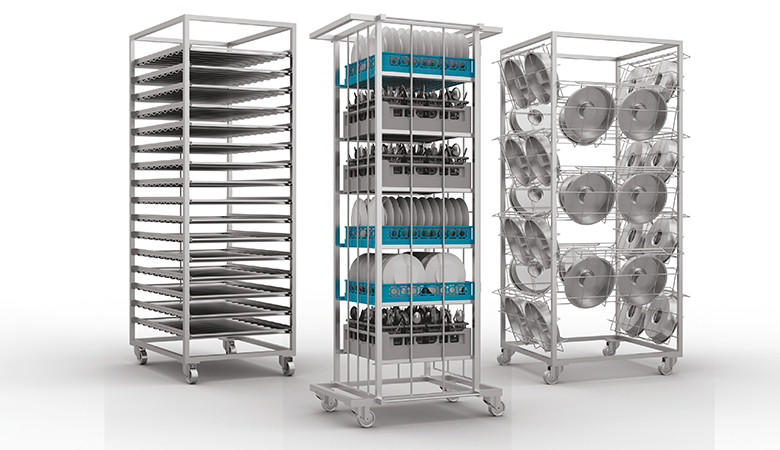
Industrial washing / Articles
Trolley for washing machine: how to choose the right one?
Find out what makes a great trolley for washing machine and learn how to choose the right one for the washing results you need.
Posted in 2024-12-19
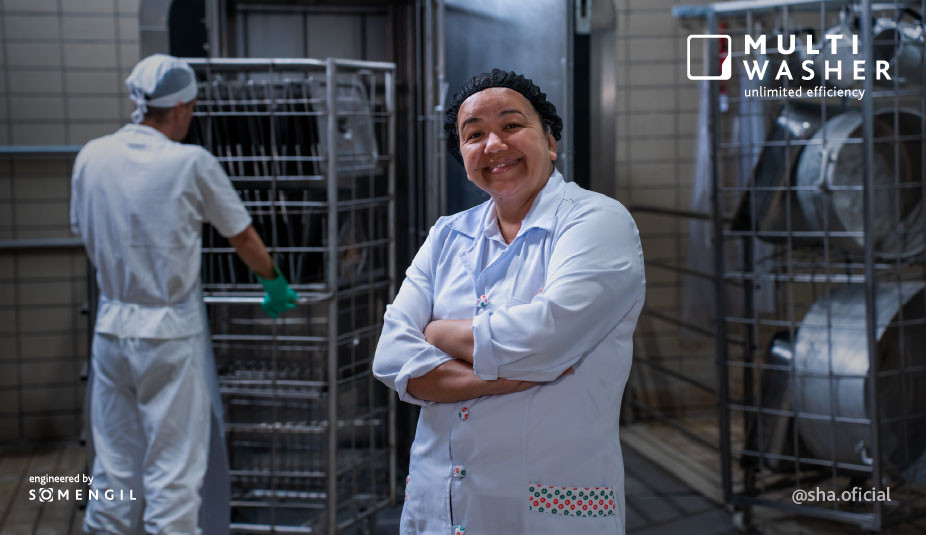

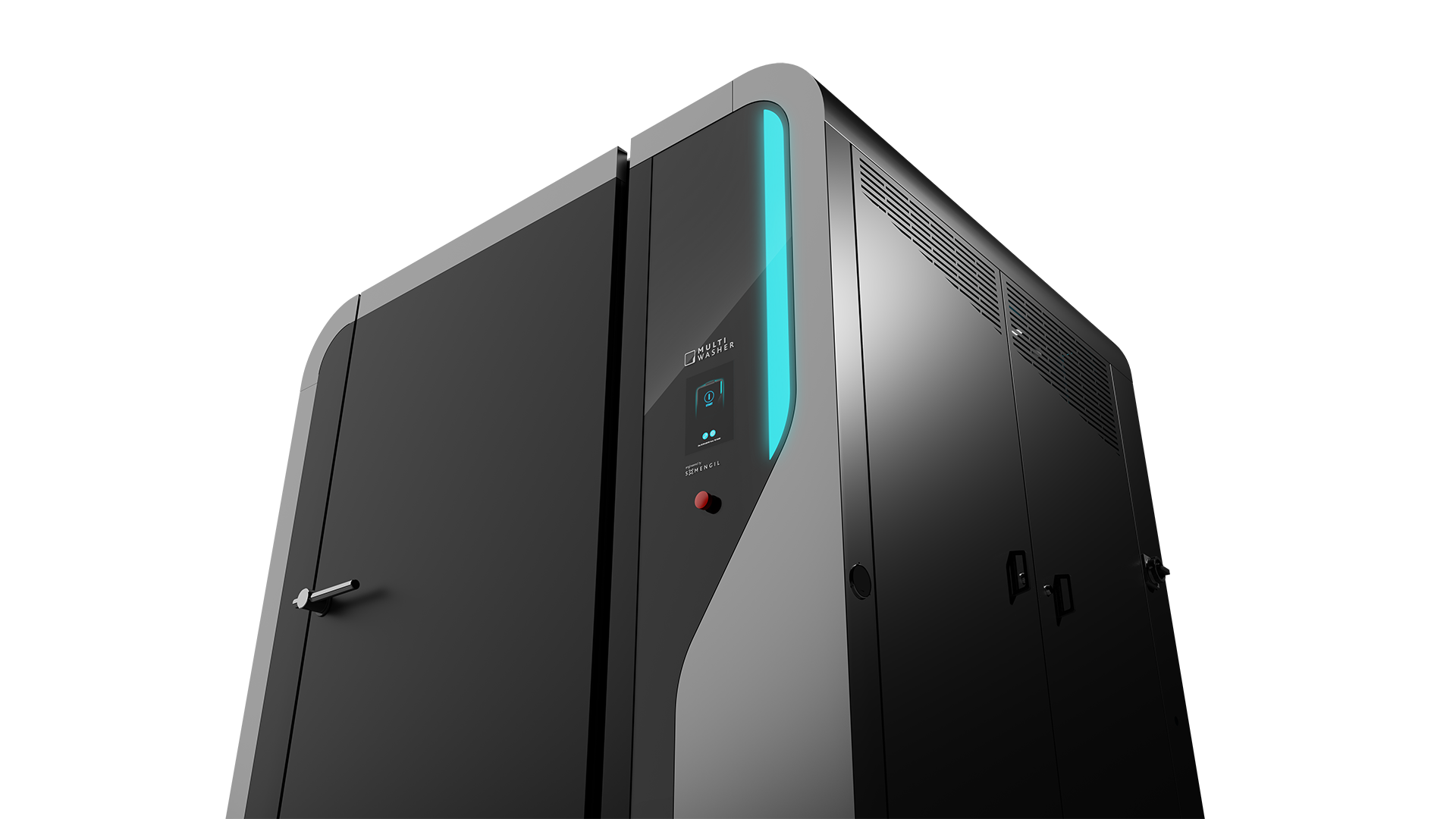
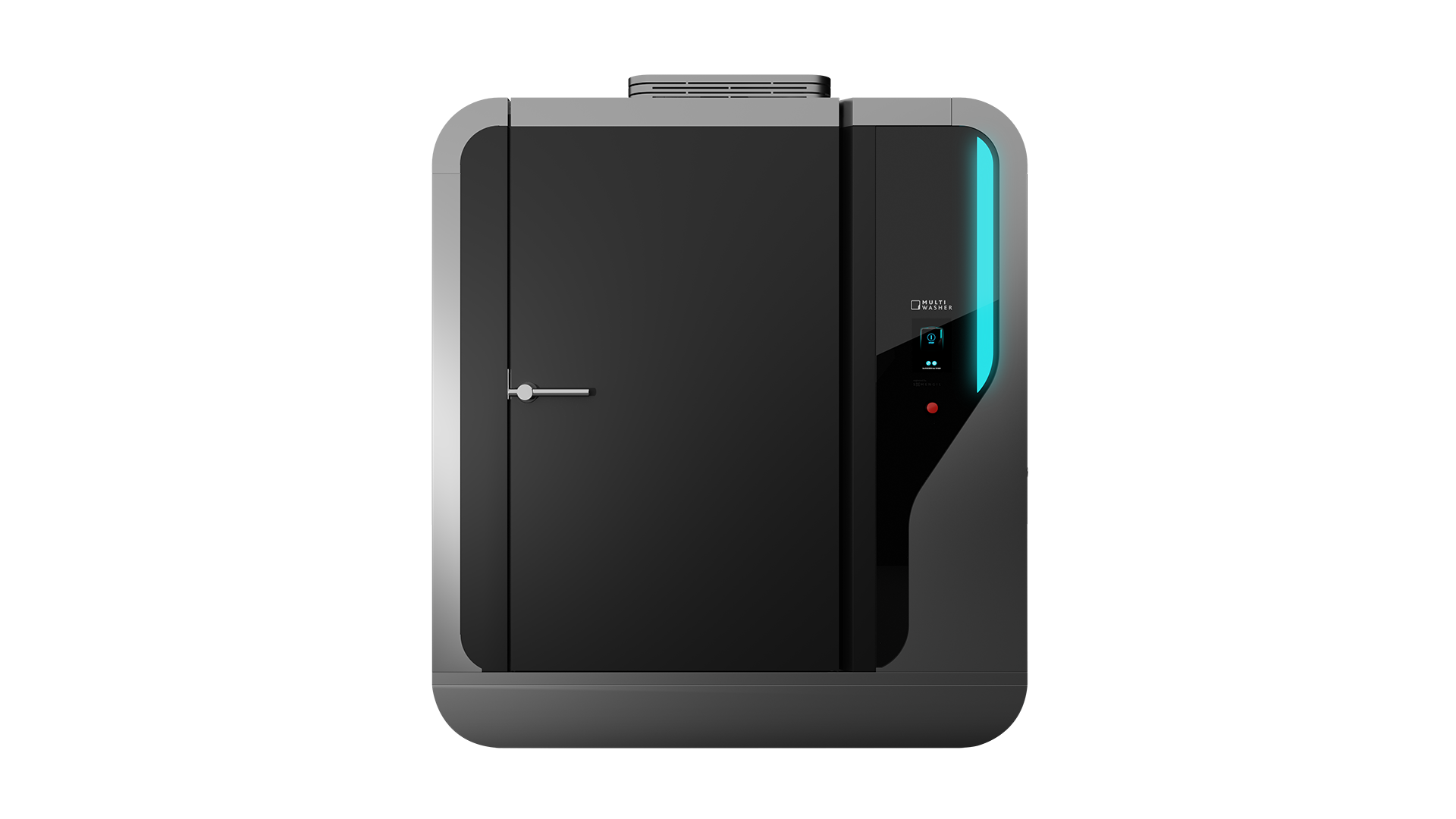

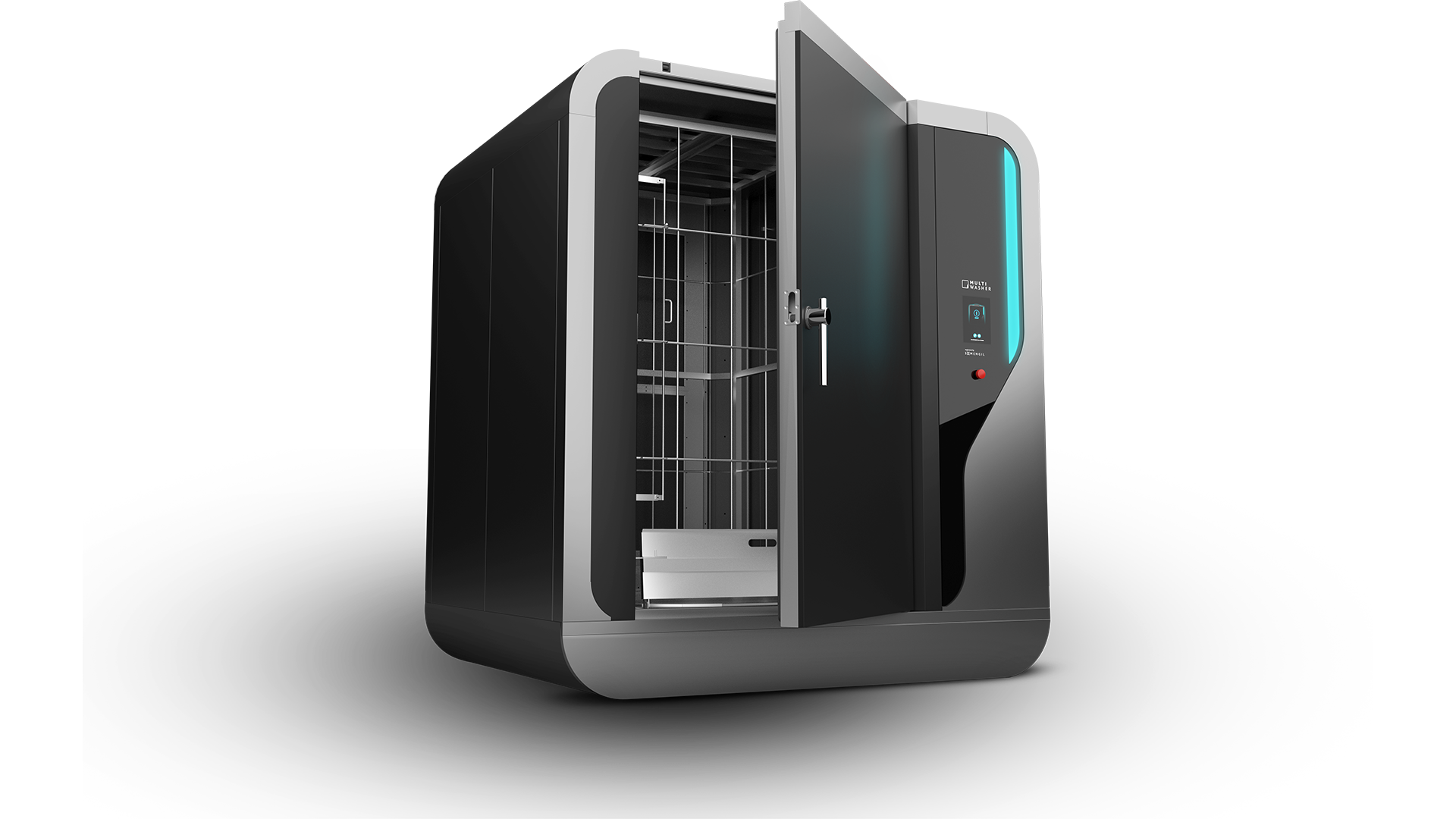



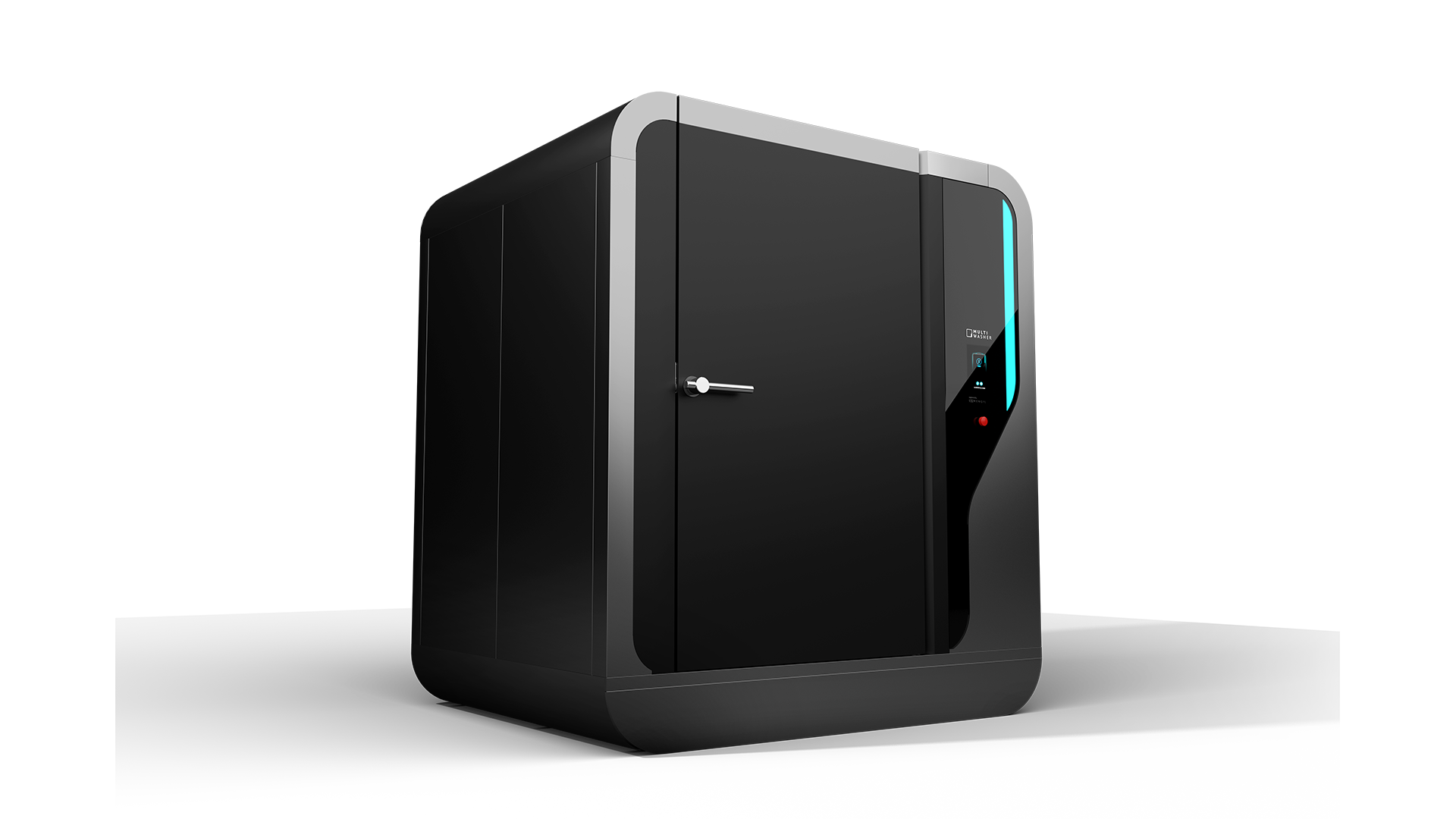
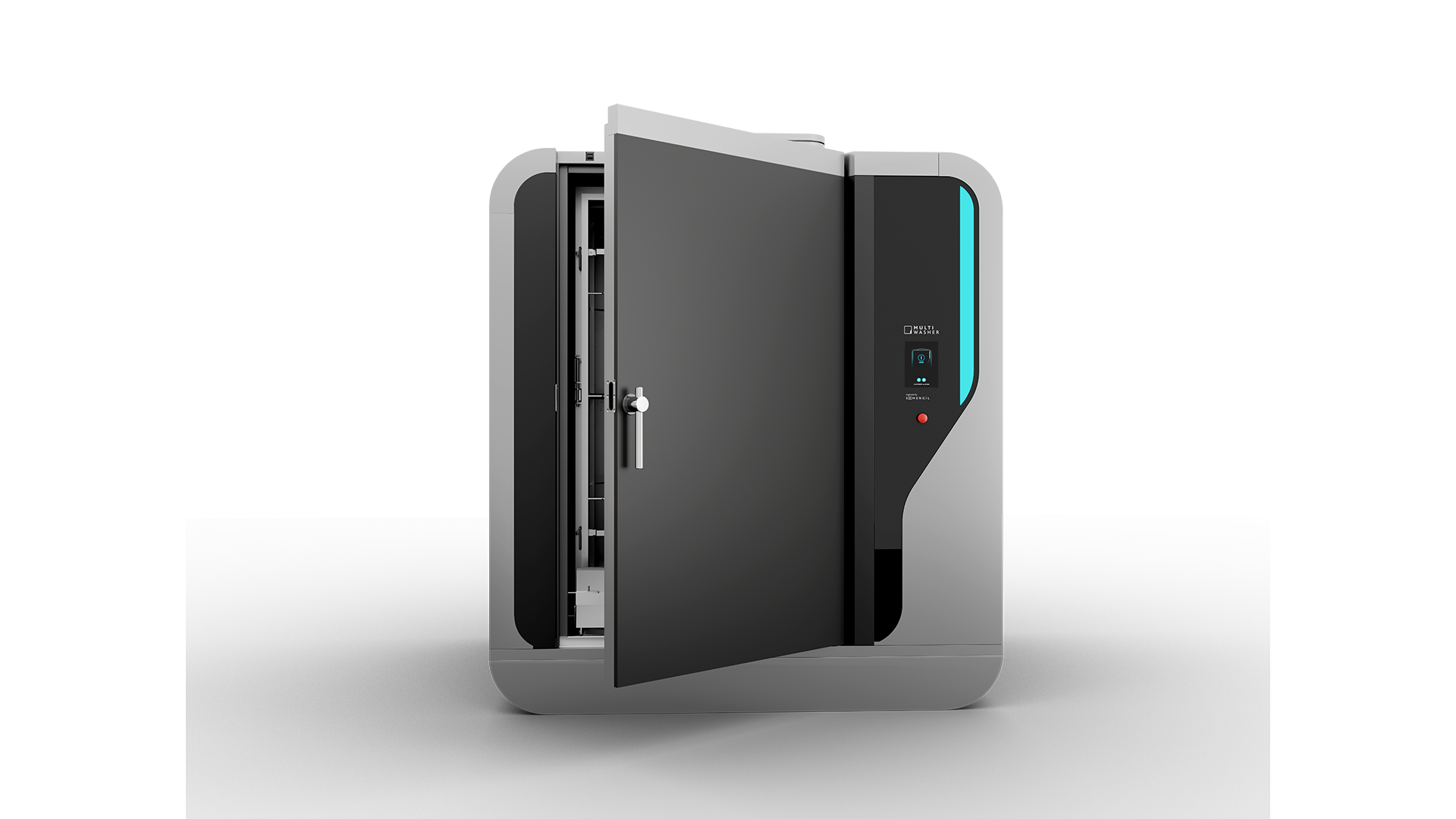
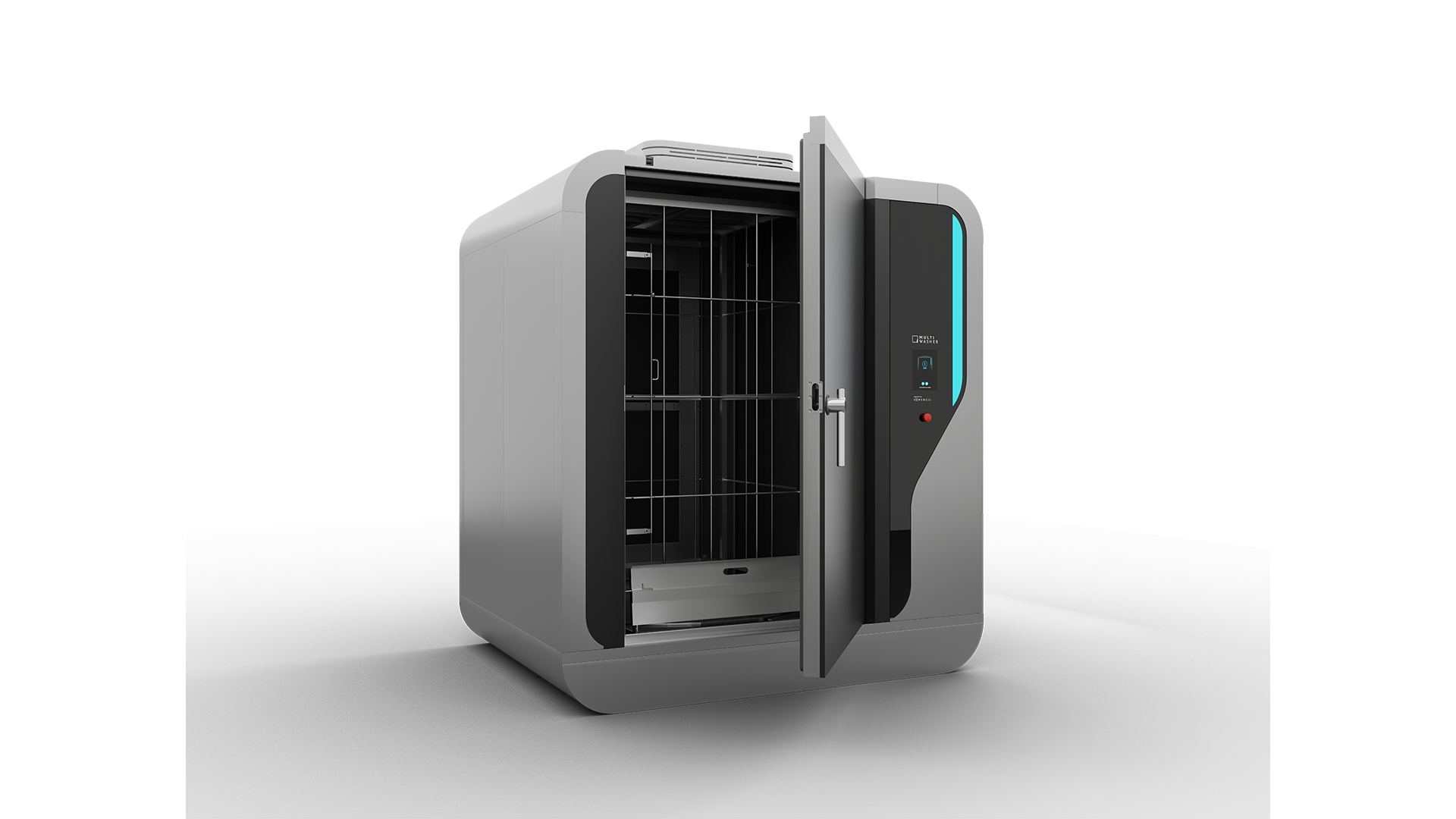
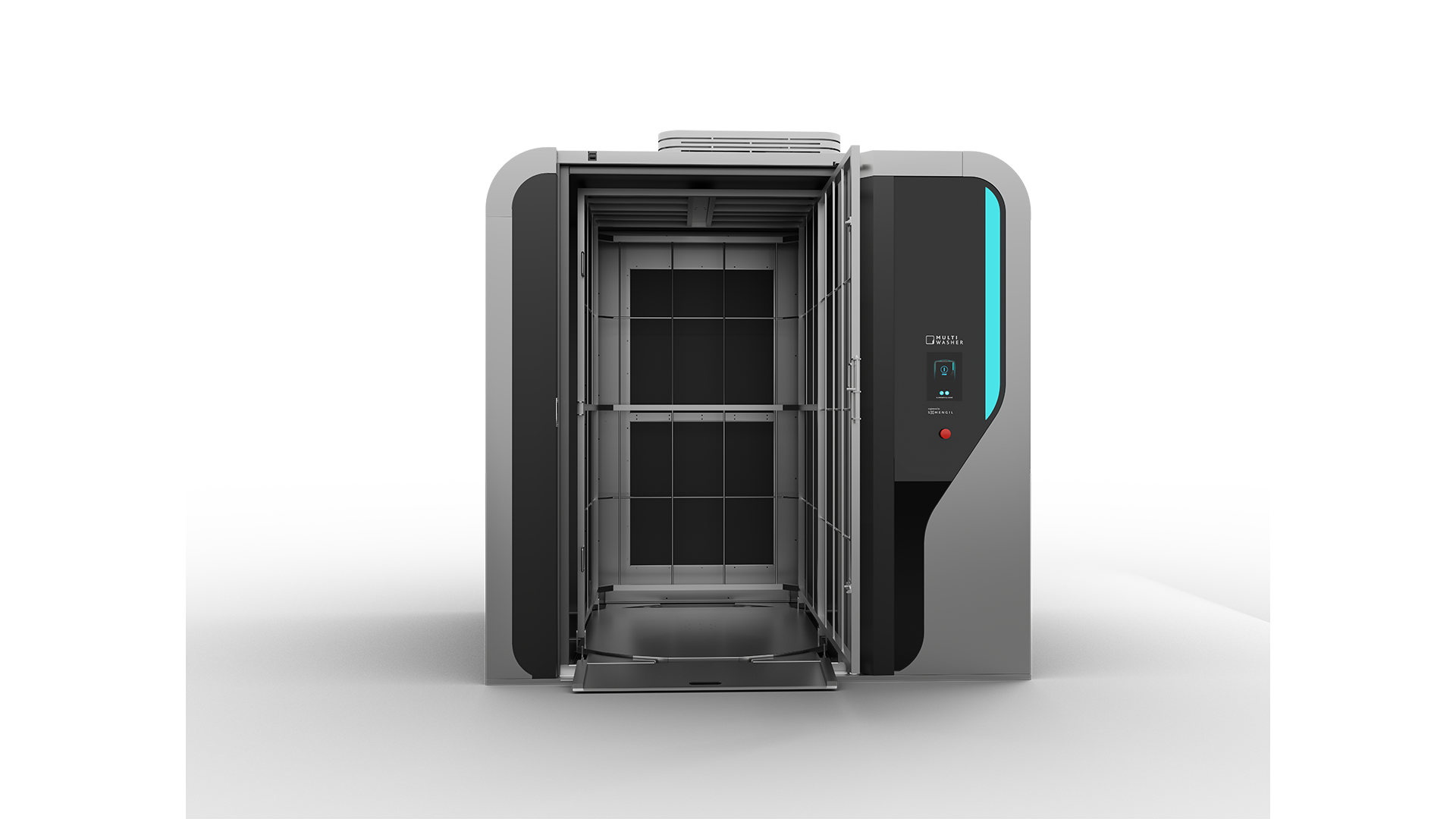
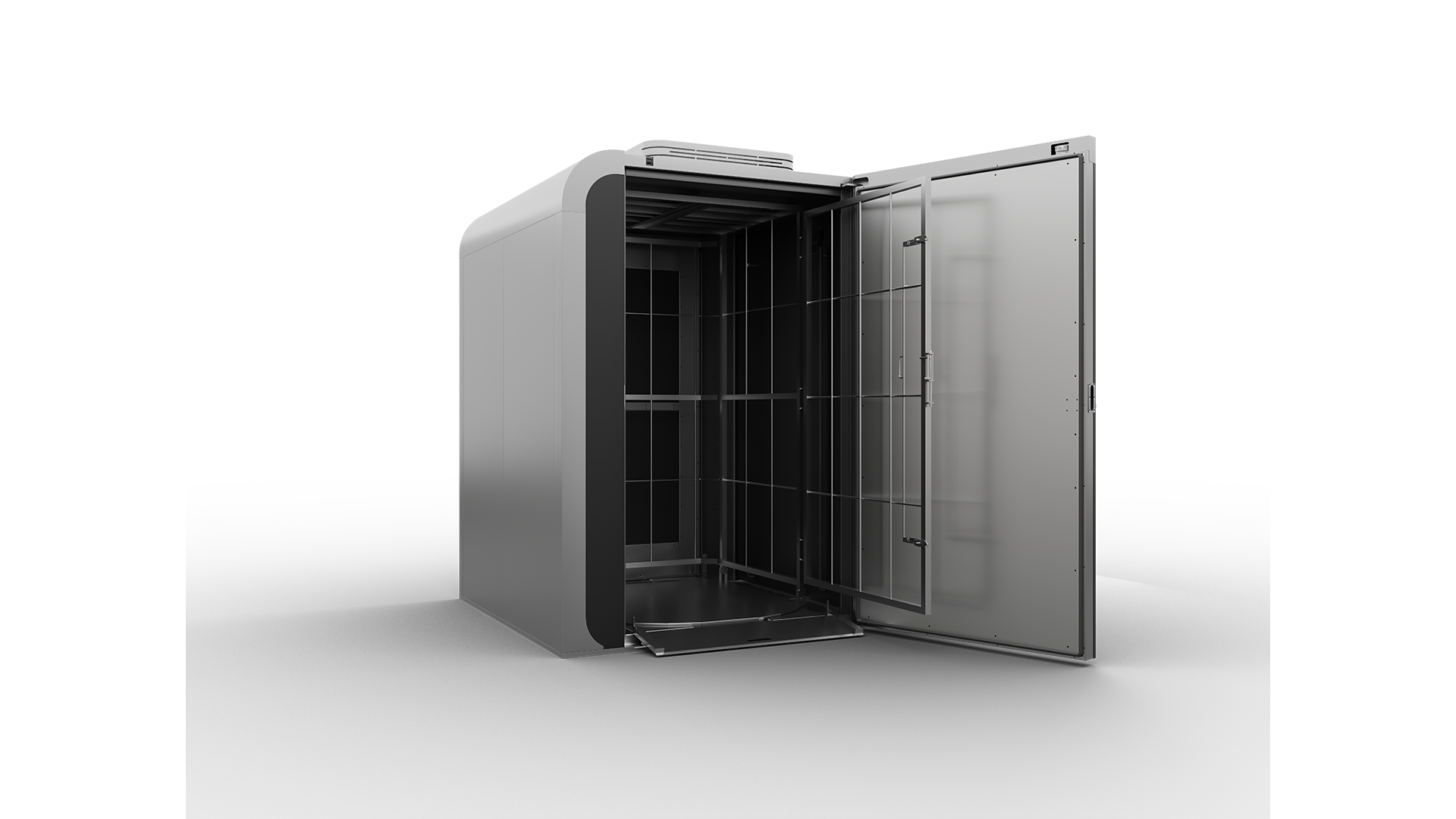
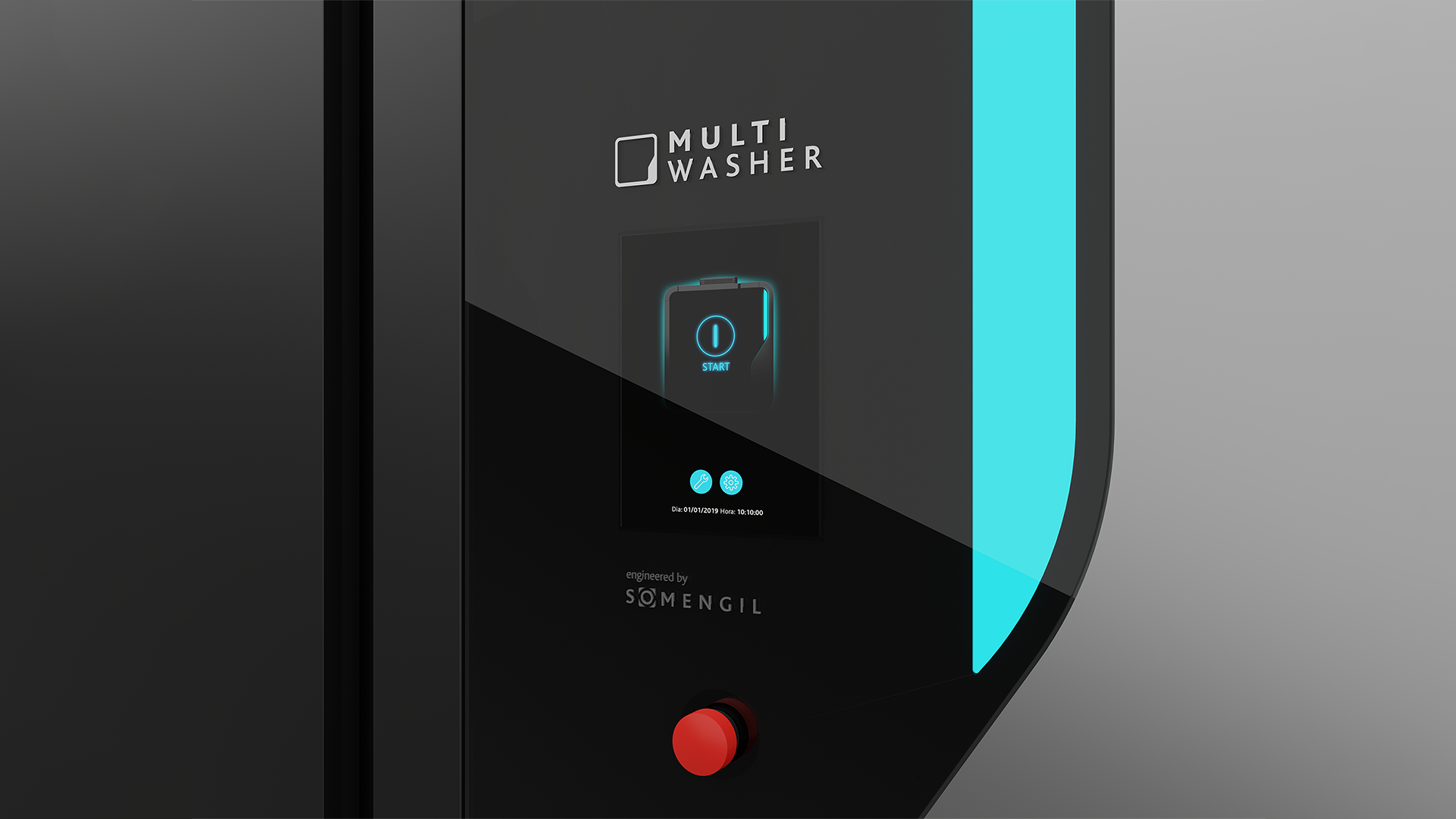






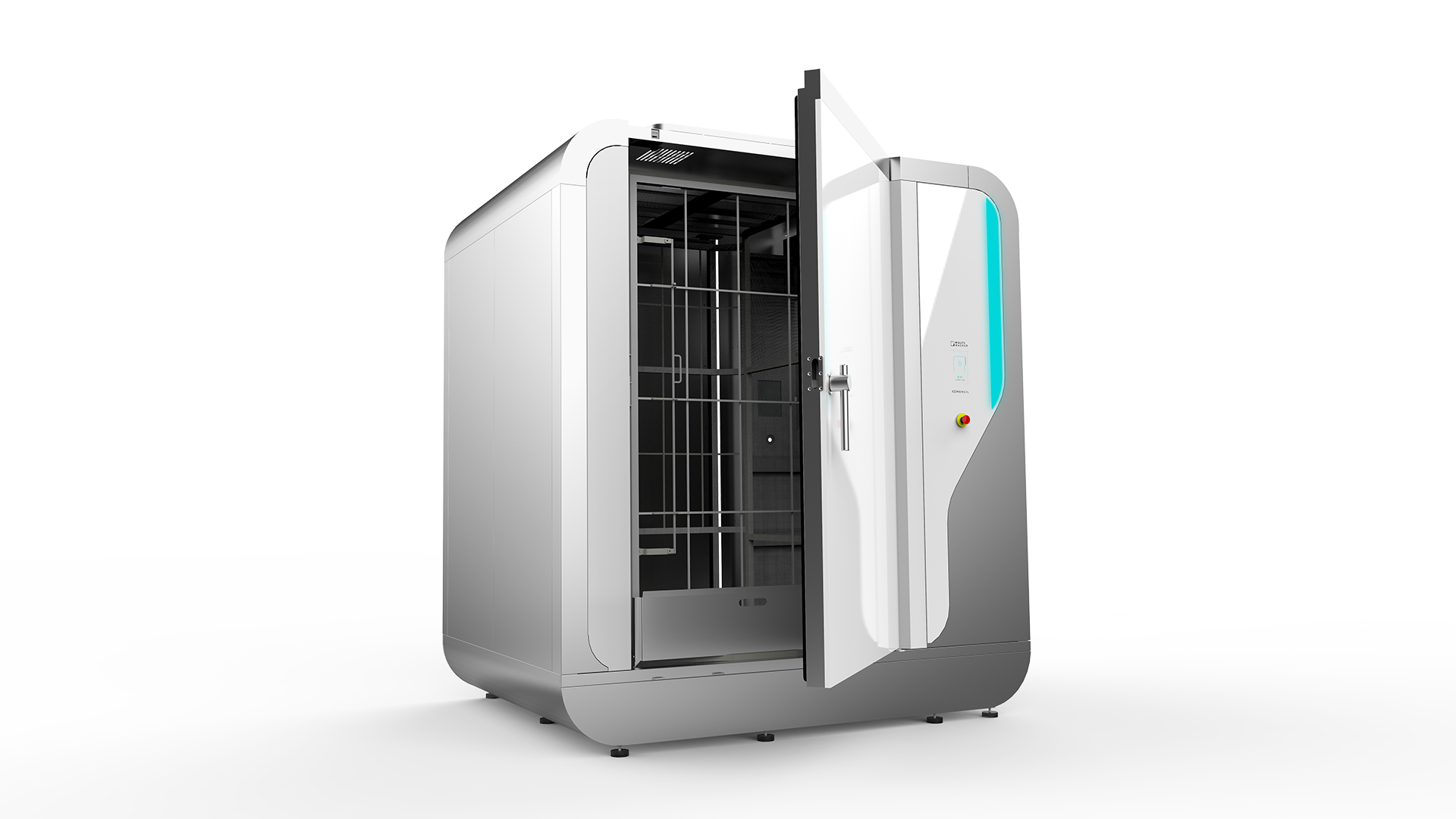
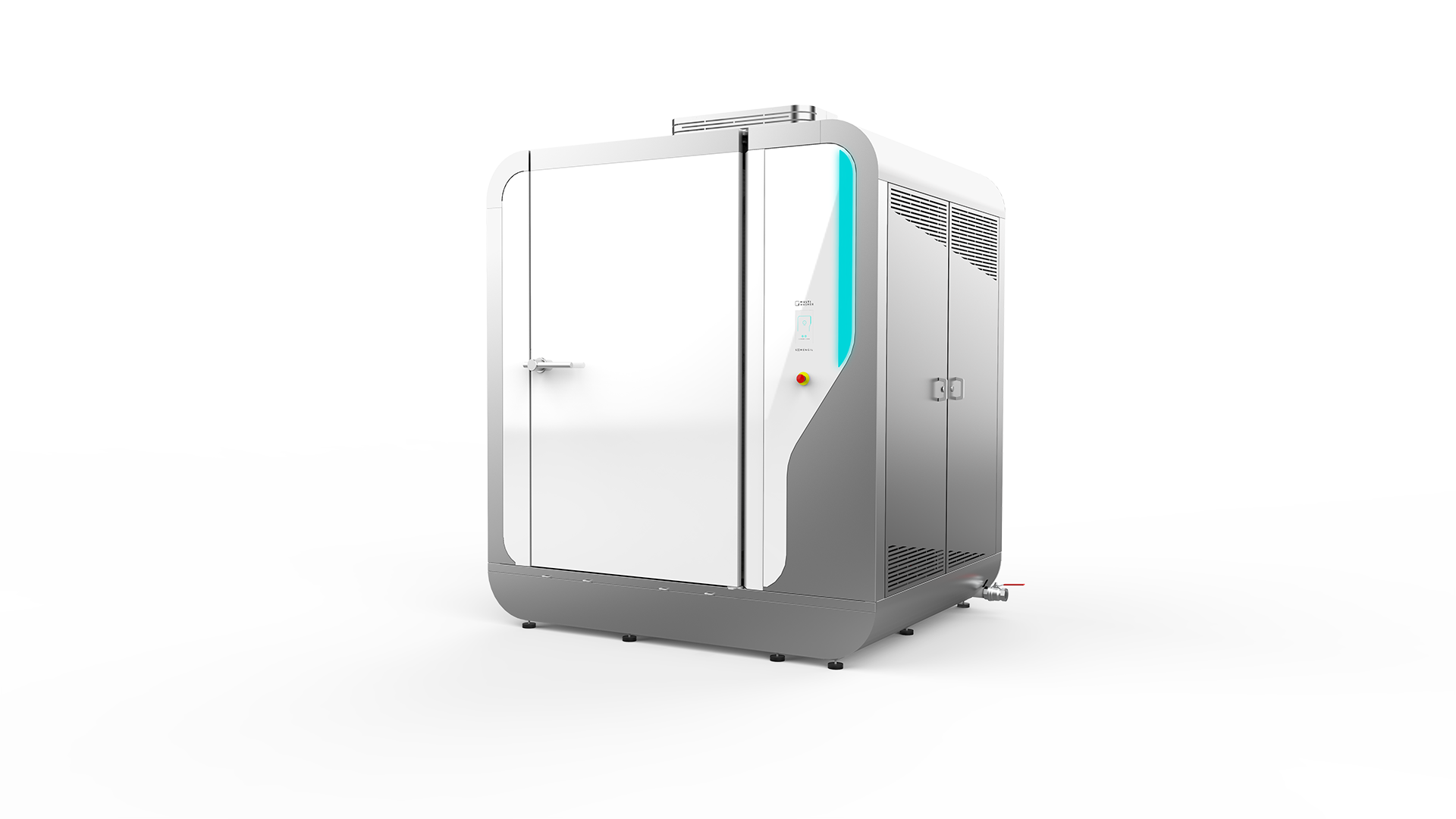
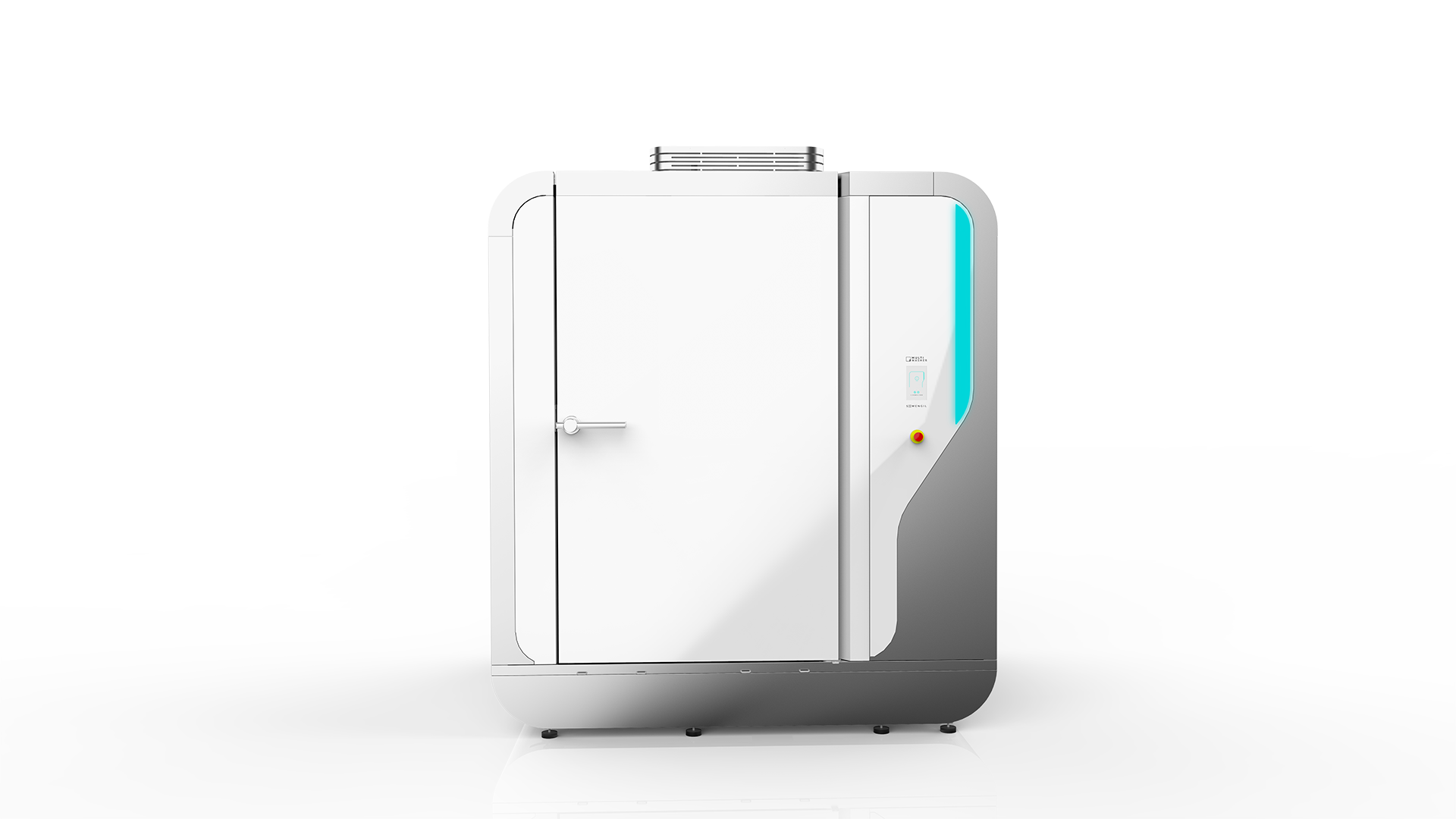
 Portugal
Portugal United Kingdom
United Kingdom United States
United States France
France Spain
Spain Germany
Germany Romania
Romania Italy
Italy Czech Republic
Czech Republic Finland
Finland Hungary
Hungary Slovakia
Slovakia Greece
Greece Lithuania
Lithuania South Korea
South Korea Russia
Russia Saudi Arabia
Saudi Arabia Poland
Poland Brasil
Brasil Hebrew
Hebrew